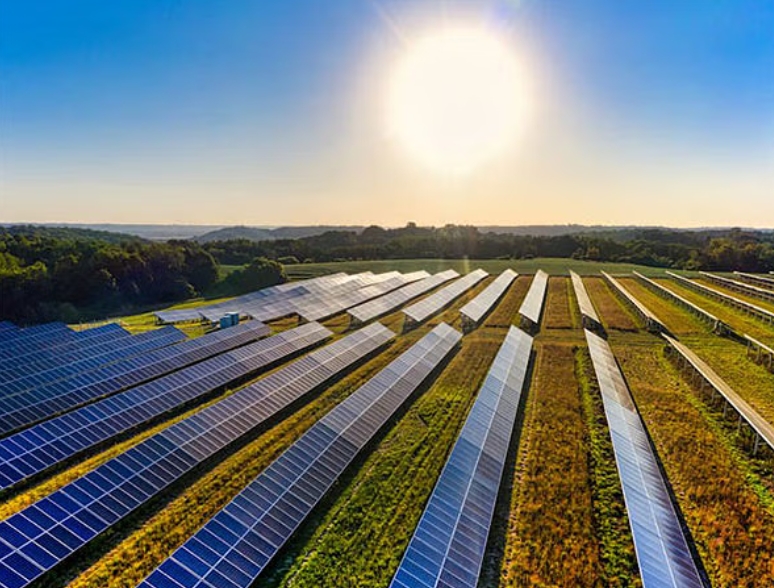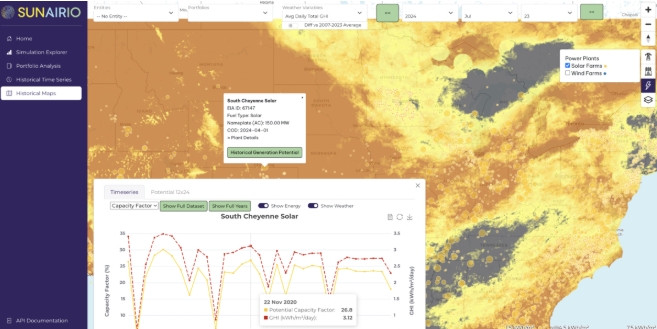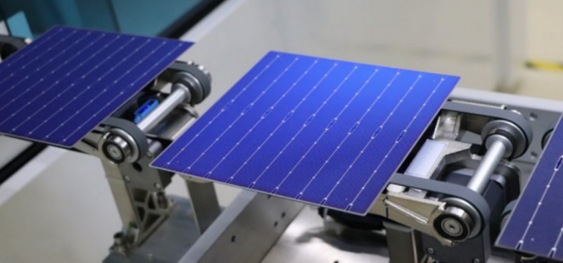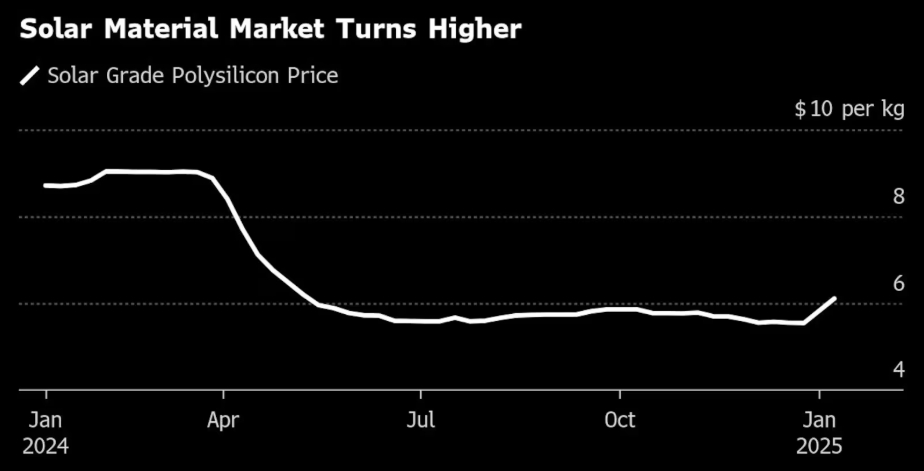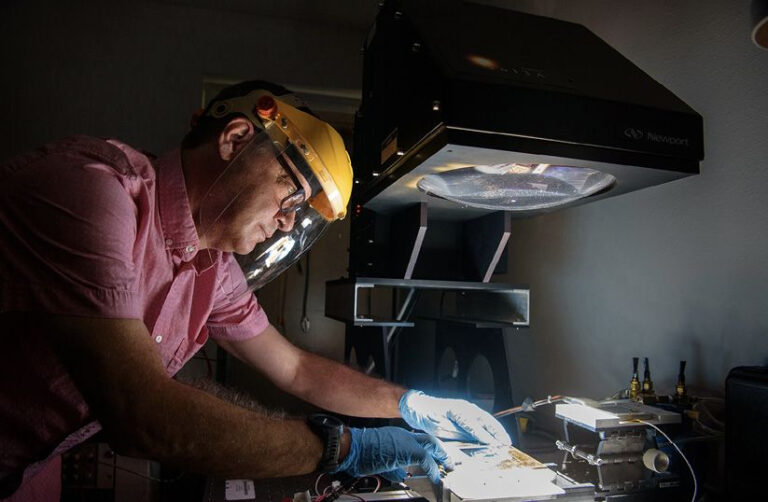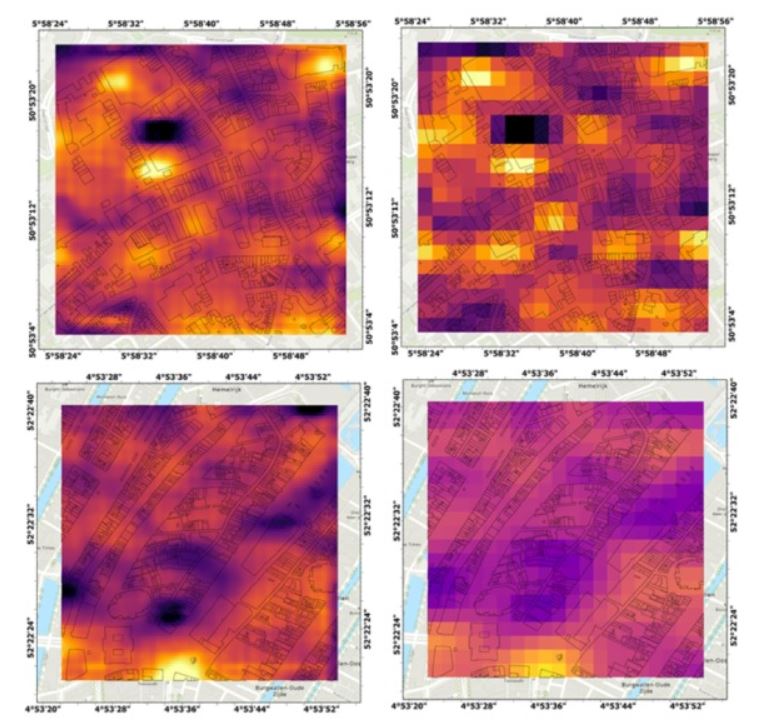Solar cells, incorporating the mineral perovskite, have been the focus of attention since the material was first shown to work in 2009. Solar cells that are built using this material are more efficient than current solar panels. Current solar panels capture 15% to 18% of the solar energy on average, while perovskite solar cells have been found to be as much as 28% efficient.
But there are major obstacles to using these materials commercially: The materials are not stable, and they contain water-soluble lead, which is a health hazard.
Now a team of scientists and engineers led by Letian Dou, assistant professor of chemical engineering at Purdue University, have developed a sandwich-like material incorporating organic and inorganic materials to form a hybrid structure that doesn't use lead and has much improved stability.
"These structures are very exciting," Dou said. "The sandwich structures are like semiconductor quantum wells that are widely used today in many electronic and optoelectronic devices, but they are much easier to produce and more tolerant to defects,"
The research was published Monday (Nov. 11) in the journal Nature Chemistry.
In a paper published in the Journal of the American Chemical Society in September, the scientists had incorporated the material into an essential component of many electronic devices, a field effect transistor.
Yao Gao, lead author of both research papers and a postdoctoral fellow in Dou's research group, said the new organic-inorganic hybrid perovskite materials are cheaper and perform better than a traditional inorganic semiconductor. Also, Gao said, the new material's design strategy could serve as a blueprint for many other functional hybrid materials.
"Solar cells, as many people have demonstrated, can be highly efficient," he said. "With our new technology, we can make the hybrid perovskite materials intrinsically more stable. By replacing the toxic lead, these new materials are better for the environment and can also be safely used for bioelectronics sensors on the body."
